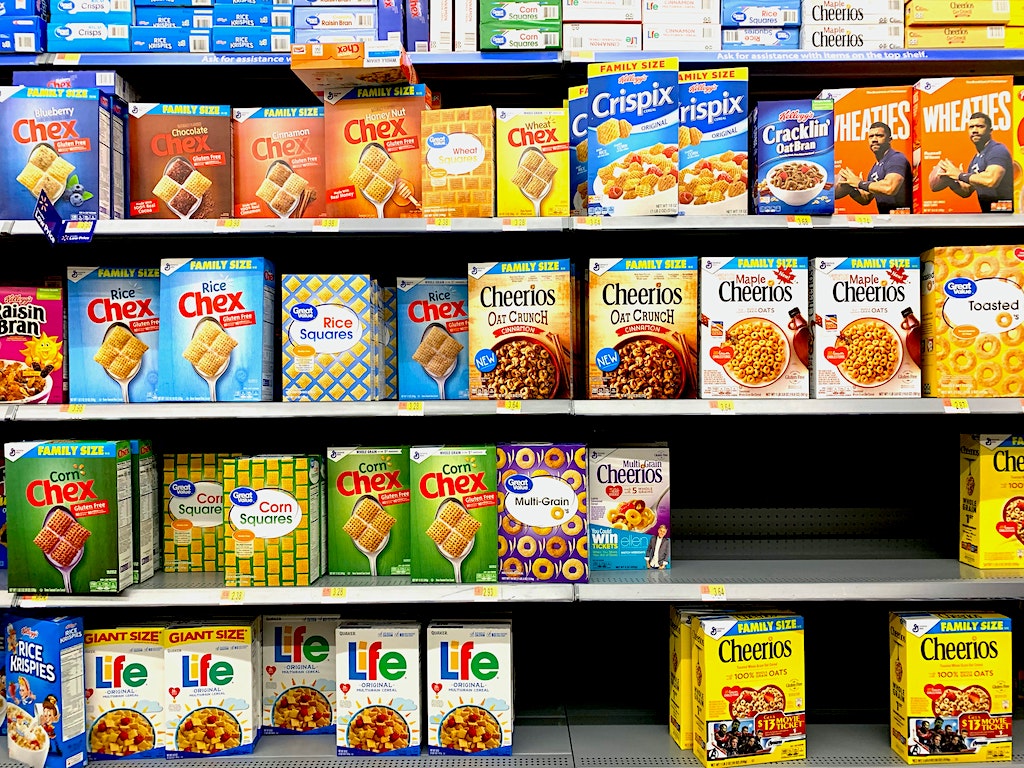5 Mins Read
We think we get to decide what goes into our grocery baskets, but this is an illusion. That’s the conclusion of a new investigation, which reveals the true scale of big food’s dominance. According to the Guardian and the Food & Water Watch, just a handful of powerful firms make up 80% of items Americans buy in supermarkets.
Despite being overwhelmed with choice at most grocery stores, the idea that we freely make our food choices is “largely an illusion”. The report, compiled by journalists at the Guardian and U.S. nonprofit Food & Water Watch, finds nearly 80% of the dozens of items regularly purchased by Americans come from a few companies.
These names were Kraft Heinz, General Mills, Conagra, Unilever, and Delmonte.
Four companies control 40% of your basket
The U.S.-based investigation looked at 61 of the most popular supermarket picks. It found that big food firms controlled an average of 64% of all sales.
Out of the 85% of groceries included in the research, just four companies controlled 40% of the market share. For almost one-third of all products, the largest companies controlled around 75% of the market share.
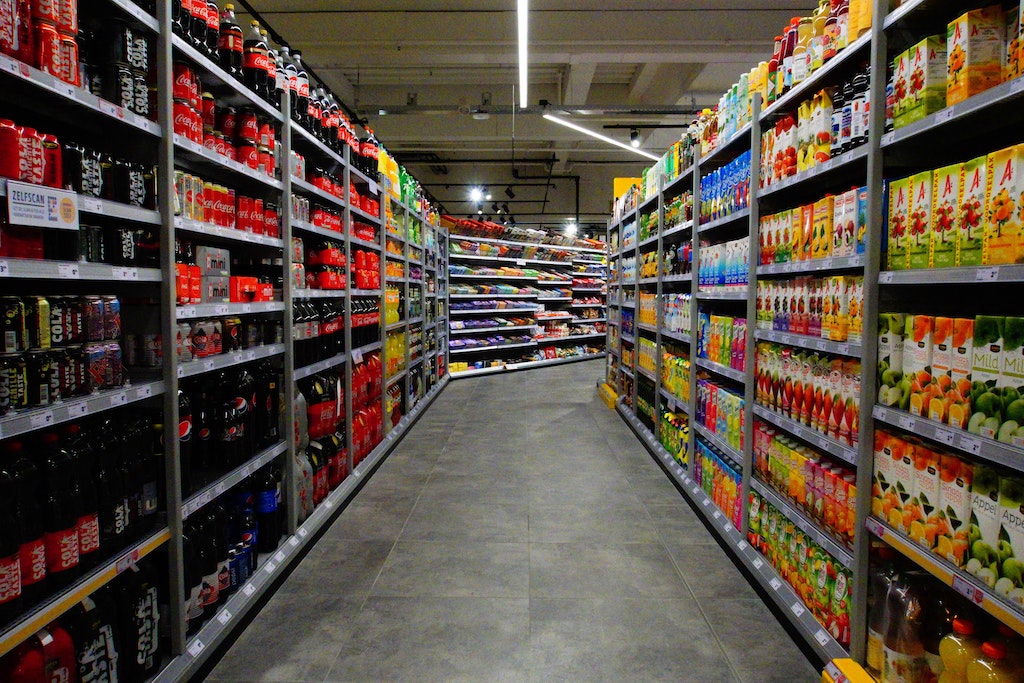
“Consumers, farmers, small food companies, and the planet lose out if the top four firms control 40% or more of total sales,” the Guardian reported.
The impact of big food’s monopoly extends far beyond our own food choices. These effects reverberate across the entire food supply chain.
“The size and influence of these mega-companies enables them to largely dictate what America’s 2 million farmers grow and how much they are paid, as well as what consumers eat and how much our groceries cost,” said the report. “From seeds and fertilizers to slaughterhouses and supermarkets to cereals and beers.”
Unchecked power
How big food companies were able to build such enormous amounts of control in the market is down to extensive political lobbying and few regulations. In the 2020 U.S. election cycle alone, the industry spent $175 million on lobbying, of which two-thirds went to Republicans.
What this led to was a “wave of unchecked mergers and acquisitions,” said the report.
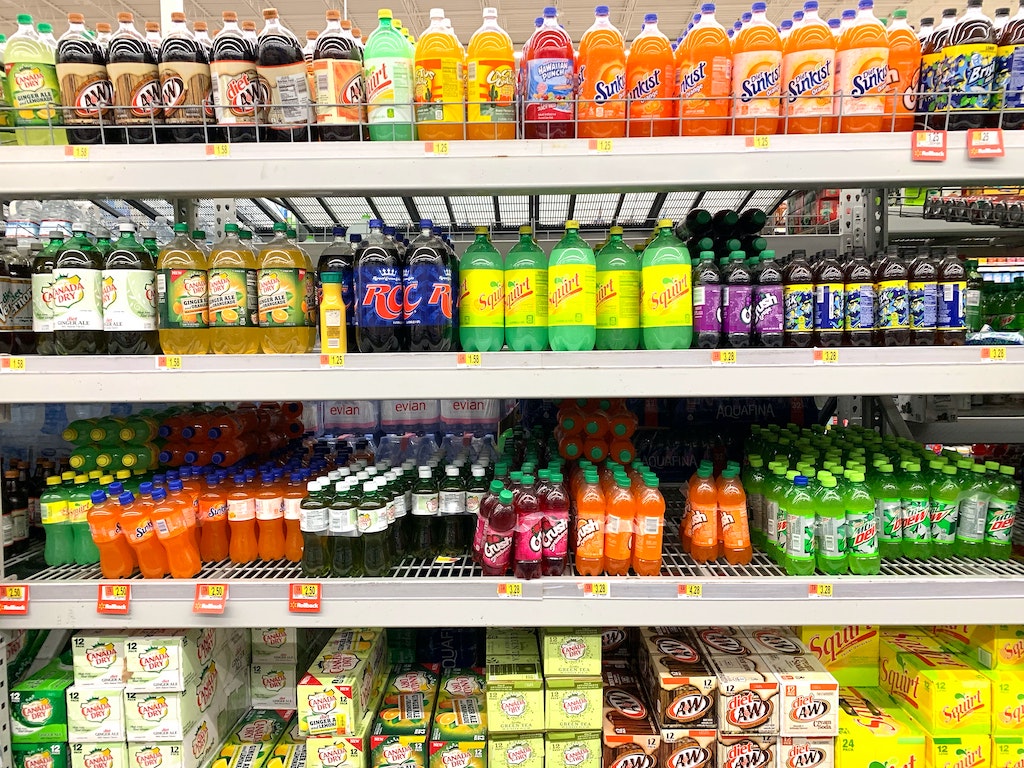
Kraft Heinz, for example, owns everything from sour cream to frozen vegan meat and coffee. Not only does its reach span across categories, but it may also own a dozen brands within the same aisle. Take PepsiCo, which owns all five of the most popular dips on the market, including Lay’s, Fritos, and Tostitos.
These mega-firms even work with retailers—and pay them copious amounts of slotting fees—for their selected products to appear in the best places in supermarkets. Big food companies also have private labels, which are their own branded products.
In their analysis, the investigators found that private labels appeared in the top four of a whopping 77% of all the items they looked at.
People who grow your food don’t get paid
What all this means is that the very people who grow our food aren’t the ones getting a paycheck.
“It’s a system designed to funnel money into the hands of corporate shareholders and executives,” commented Amanda Starbuck, policy analyst at Food & Water Watch. “While exploiting farmers and workers and deceiving consumers about choice, abundance, and efficiency.”
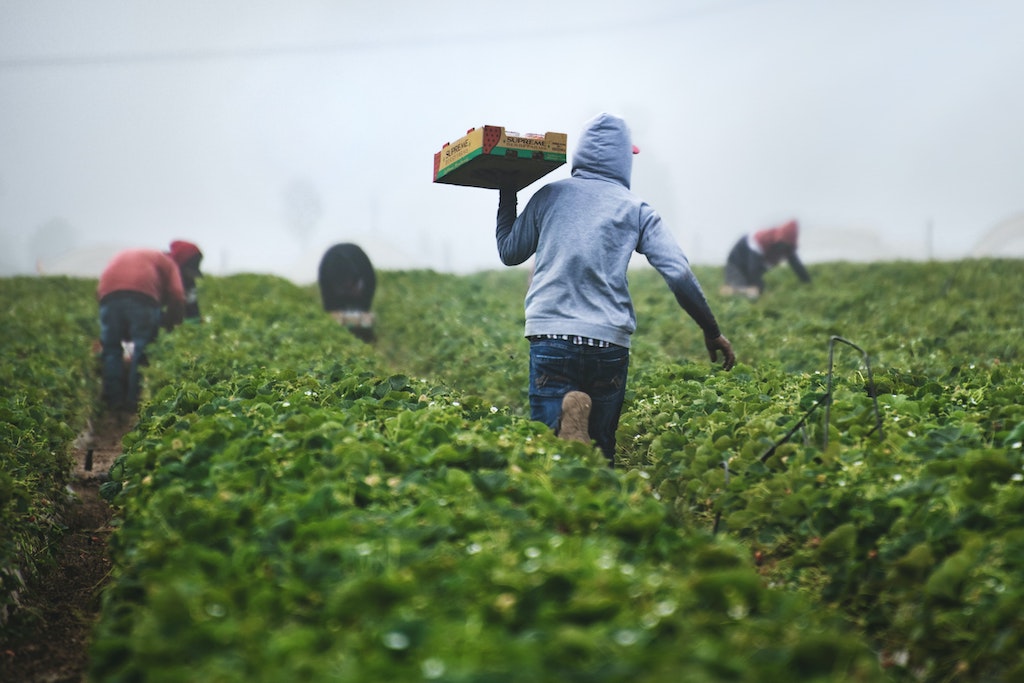
According to the report, just 15 cents out of every dollar consumers spend in supermarkets goes to farmers—despite the fact that harvesting, processing, and packing are some of the most dangerous workplaces in the U.S.
It isn’t just huge food conglomerates like General Mills and Unilever winning, big food retailers are benefiting too.
“Less competition among agribusinesses means higher prices and fewer choices for consumers – including where they can shop for food,” said the report.
“Until the 1990s, most people shopped in local or regional grocery stores. Now, just four companies – Walmart, Costco, Kroger and Ahold Delhaize – control 65% of the retail market.”
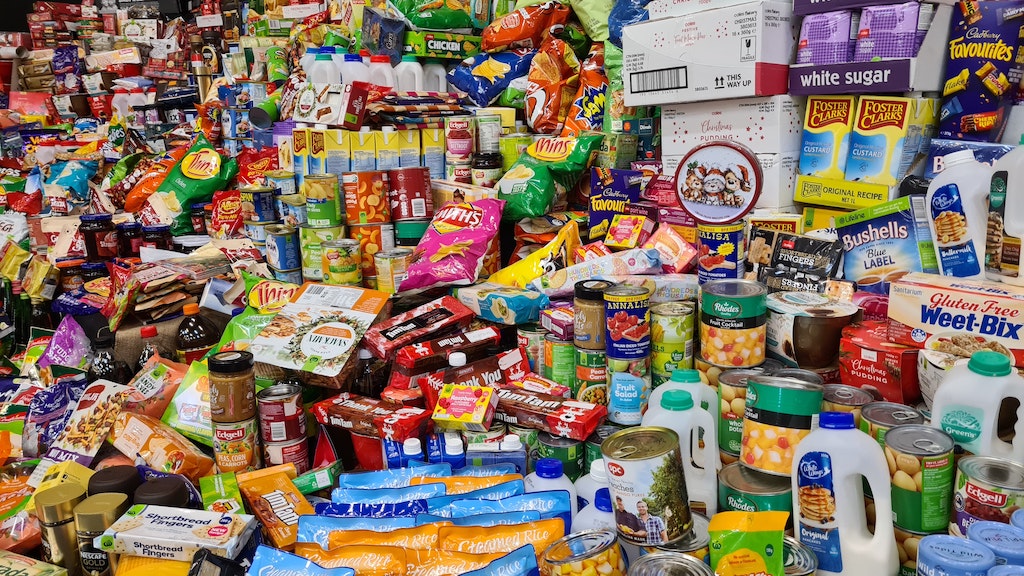
Consumer choice as an illusion
Food industry experts have long pointed to the outsized role of the food industry in shaping consumer choices.
Former U.S. government food policy advisor Jack Bobo, for instance, pointed out in his new book that unaware consumers are often being “invisibly controlled…in grocery aisles, at restaurants, in front of the refrigerator, and in every other place we make crucial food choices”.
In her 2018 book Unsavory Truth, leading nutritionist Marion Nestle says big food giants like Coca-Cola influence what we eat far more than we realise. She detailed the manipulative ways the industry has sought to place profits over public health by skewing science for marketing purposes—likening these tactics to the tobacco industry.
Lead image courtesy of Unsplash.

